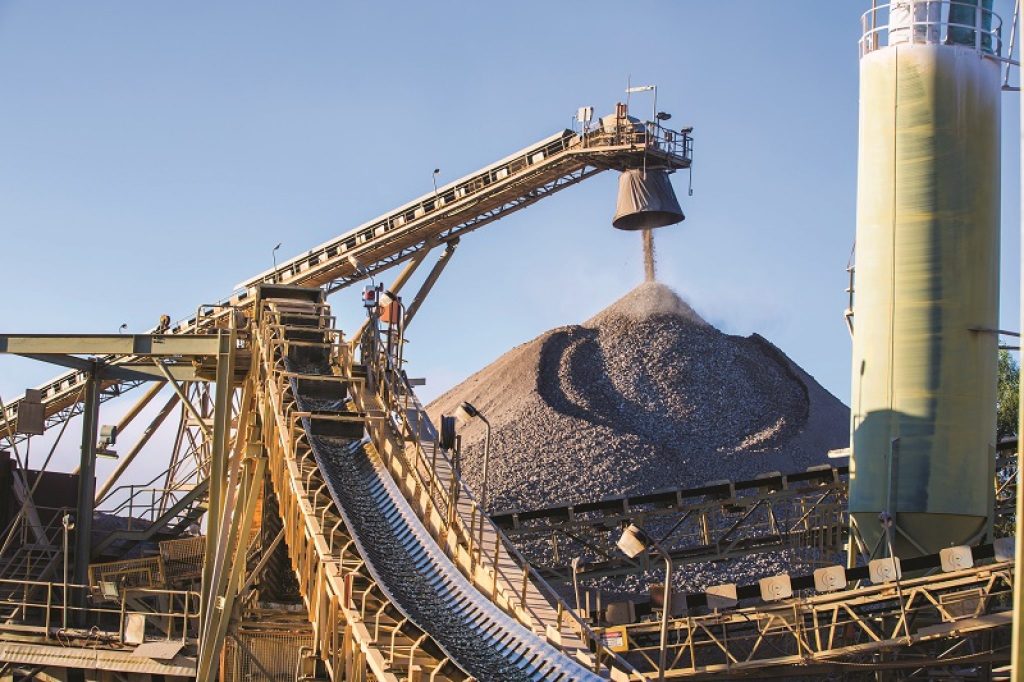Nigeria’s mining sector has experienced a transformative year in 2024, marked by significant developments, policy reforms, and challenges that have shaped its trajectory. The federal government’s renewed focus on diversifying the economy away from oil has placed the mining industry in the spotlight. While the sector’s contribution to GDP remains below 1%, the efforts to unlock its potential are evident in various initiatives and progress achieved this year.

Key Policy Reforms
The Federal Government implemented several strategic reforms aimed at boosting Nigeria’s mining sector’s productivity. One notable achievement was the lifting of the mining ban in Zamfara State. This decision followed a five-year suspension due to rampant insecurity and illegal mining activities. The move was heralded as a sign of improved security and the government’s commitment to reviving the sector. Zamfara, rich in gold and lithium, is now positioned to contribute significantly to the nation’s economy.
Another reform involved the streamlining of mining regulations and licensing procedures. The introduction of the Electronic Mining Cadastral System (EMC+) has made it easier for investors to access licenses, ensuring transparency and reducing bureaucratic bottlenecks. These reforms align with the government’s broader agenda to attract foreign investments and modernize the industry.
Global Partnerships and Investments
In 2024, Nigeria intensified its efforts to establish international partnerships. Agreements with countries like France, Germany, and Australia focused on capacity building, technical assistance, and investment in critical mineral exploration. A training and development pact with France underscored the nation’s determination to build a skilled workforce capable of meeting global standards.
Additionally, the Nigeria Mining Week, held in Abuja, attracted stakeholders from around the world. The event showcased investment opportunities, highlighted ongoing reforms, and facilitated dialogue on the future of Nigeria’s mining industry. Key players such as Rio Tinto and Glencore expressed interest in exploring Nigeria’s untapped mineral wealth, signalling a positive outlook for foreign direct investment.
Progress in Mineral Exploration
The exploration of critical minerals such as gold, lithium, and copper has gained momentum in 2024. Gold mining in states like Osun and Zamfara saw increased activity, with advanced technologies being employed to enhance exploration accuracy. Lithium, a mineral critical for battery production and renewable energy, has also attracted significant attention. States like Nasarawa have become hotspots for lithium mining, driven by the global shift towards green energy. These explorations and discoveries will help boost Nigeria’s Mining sector.
Coal mining has also played a vital role, particularly in the coal-to-power initiative in Enugu State. This project aims to harness Nigeria’s coal reserves to generate electricity, reducing the nation’s dependence on oil and gas. Although progress has been slow, the initiative represents a crucial step towards achieving energy diversification.
Challenges and Setbacks
Despite these advancements, the mining sector continues to face significant challenges. Illegal mining remains a pressing issue, with unregulated activities causing environmental degradation and revenue losses. The Federal Government, in collaboration with state authorities, has intensified efforts to combat illegal mining. For instance, in Nasarawa State, authorities recently arrested operators of an unauthorized mining firm, emphasizing the need for compliance with regulations.
Security concerns, particularly in northern states, have also hindered mining operations. Although the lifting of the Zamfara ban signals progress, sporadic bandit attacks continue to pose risks to miners and investors. The government’s commitment to addressing these challenges is evident, but more needs to be done to create a secure environment for mining activities.
Economic Impact and Future Prospects
The mining sector’s contribution to Nigeria’s GDP remains modest, but 2024 has laid the foundation for future growth. The focus on value addition, such as cutting exports of unprocessed minerals, is expected to boost the sector’s economic impact. The Federal Government’s decision to offer investors a 75% stake in a new national mining company is another bold move aimed at attracting investments and fostering public-private partnerships.
Looking ahead, the sector’s success will depend on sustained reforms, effective governance, and the ability to address lingering challenges. The introduction of modern technologies and adherence to international best practices will be critical in maximizing the sector’s potential.
2024 has been a pivotal year for Nigeria’s mining sector. From policy reforms and international collaborations to increased exploration activities, the industry is gradually positioning itself as a key player in the nation’s economic diversification agenda. However, addressing challenges such as illegal mining and security threats will be crucial to sustaining this progress. With continued efforts and strategic investments, Nigeria’s mining sector has the potential to become a significant driver of economic growth in the coming years.

